TEHRAN(Bazaar) – Tariq Raouf, former Director General of the Atomic Energy Agency says the US is entering the period of the 2024 presidential election race and Joe Biden wants to run again, it is not in Biden’s interest to show any flexibility on Iran.
“On the Iranian side, there too there is little interest to make concessions to the US/EU. Situation will continue till after US elections,” Rauf told Bazaar news agency.
Following is the text of the Bazaar interview with Tariq Raouf.
Q: After the optimism that was created after the Sultan of Oman's visit to Iran to reach an agreement on Iran's nuclear issue (at least an agreement that does not increase tensions) with the United States, we are witnessing a setback in this regard, that Rafael Grossi, the Director General of the International Atomic Energy Agency, has also mentioned it recently. What is the reason for this setback?
A: In my earlier commentary I had noted the excessive optimism regarding an interim deal or understanding between the US and Iran. While Iran would like to “compartmentalize” the nuclear file and keep it separate it from other contentious issues, as in the case of the JCPOA; it seems the US does not want compartmentalize the nuclear file but prefers to put all major contentious issues on the table to placate domestic opposition in the US and to allays concerns of Israel and Saudi Arabia.
Q: According to the published news, the issues raised between Iran and the United States include a package of topics such as Iran's regional policy, the release of American prisoners, the halt in Iran's enrichment of more than 60 percent, and Tehran's cooperation with the International Atomic Energy Agency. Do you think these issues in connection with each other have meaning for the parties?
A: While there have been small break thoughts such as the US okaying financial transfers to Iran from South Korea an Oman; and Iran agreeing to restoration of some IAEA monitoring technologies and resolving two of the three outstanding safeguards matters > the bigger issues are much harder to handle. Release of prisoners, support for Hamas/Hezbollah, activities in Syria, Yemen and Iraq, and other issues are too complicated to resolve as part of a package deal > they have to be tackled separately.
Q: Rafael Grossi recently announced that Iran's cooperation with the IAEA is not what he expected. Can't these words be evaluated as a pressure lever on Iran at the current stage? Does that mean that if Iran does not comply with the issues raised in the recent negotiations with the US, the agency's leverage will be activated against it?
A: IAEA DG Grossi is under severe pressure from the US and Israel, and some EU countries to take a hardere stance on Iran. There are two separate issues: (1) JCPOA > on this there is no need for the IAEA to take a hard line as the IAEA is not party to the JCPOA; the US has left the agreement and Iran is observing only a few provisions; and (2) NPT/IAEA safeguards issues which concern Iran’s legal treaty obligations and thus are of greater importance.
Q: In October of this year, the sanctions against Iran's missile program will be lifted according to the JCPOA. On the other hand, European countries are trying to extend the sanctions on Iran's missile program. This action has been mentioned as the first clear legal violation of the JCPOA by Europe. What do you think this issue will have on Iran's talks with the other side?
A: The ballistic missile constraints will be problematic as under Israel’s pressure the EU is taking a hard line. Iran will be fully justified to develop its missile programme after UNSCR 2231 constraints expire. The JCPOA does NOT include missiles.
Q: Considering the recent developments, what is your prediction of reaching an agreement and what kind of agreement is likely?
A: Reportedly, the US administration has lifted Robert Malley’s security clearances as apparently, he was perceived as too eager to salvage the JCPOA. Now that the US is entering the period of the 2024 presidential election race and Joe Biden wants to run again, it is not in Biden’s interest to show any flexibility on Iran. On the Iranian side, there too there is little interest to make concessions to the US/EU. Situation will continue till after US elections.

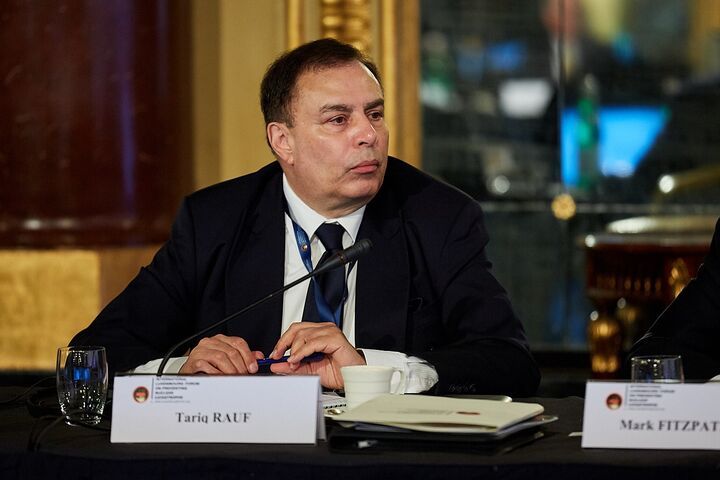





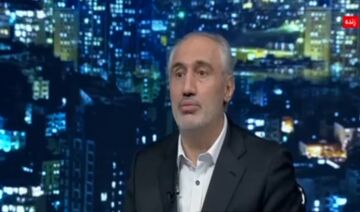



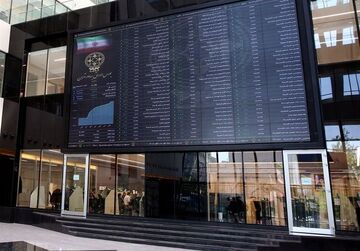
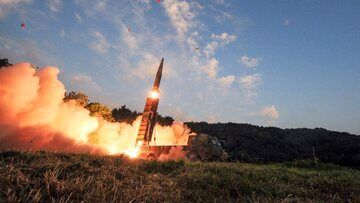
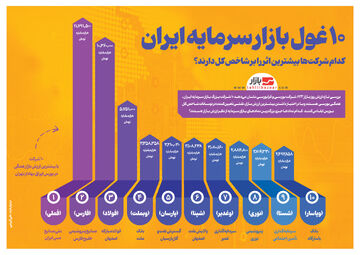


نظر شما